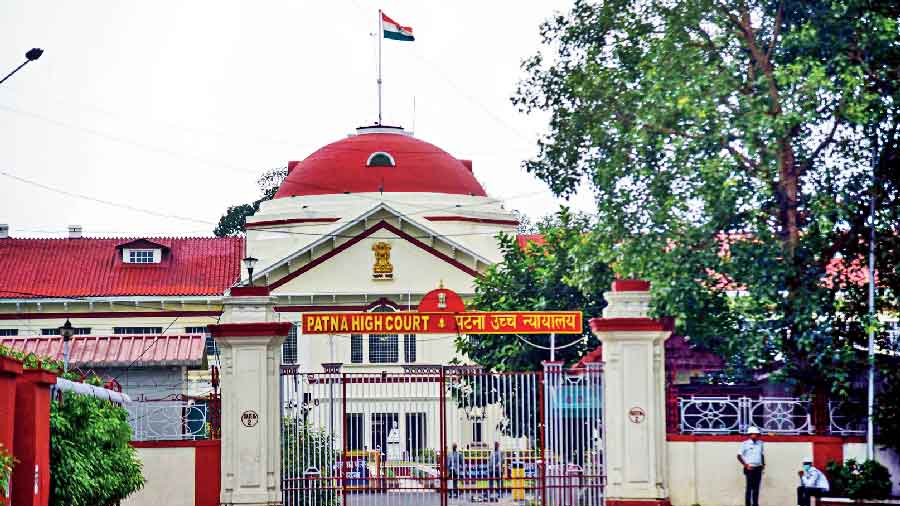Patna High Court on Tuesday termed the Bihar government’s decision to provide reservation to Other Backward Castes (OBC) and Extremely Backward Castes (EBC) in municipal polls, scheduled for October 10 and 20, as “illegal” and directed the State Election Commission to issue a fresh notification.
The judgement is expected to lead to the postponement of the elections.
In its judgement, a division bench of chief justice Sanjay Karol and justice S. Kumar directed the SEC secretary “to carry out the elections only by immediately re-notifying the seats reserved for the OBC category and treating them as general category seats. Our direction, similar in nature, is based on the dictum of Hon’ble the Supreme Court.”
The bench, while delivering its judgement in a bunch of 15 cases challenging the reservation, further suggested the Bihar government to consider enacting comprehensive legislation pertaining to reservations in elections to the local bodies — urban or rural — to bring the state seamlessly in line with the directions of the apex court.
The elections for 248 municipal bodies, including 19 municipal corporations, 81 municipal councils and 148 nagar panchayats (municipalities) in the state were scheduled in two phases on October 10 and 20.
However, with the state in the midst of Durga Puja celebrations and the majority of the government offices closed, a new notification will take some time. This would leave the SEC with two options — either to postpone the entire elections to later dates or to hold them on the scheduled dates without the seats reserved for the OBC category, elections on which could be held on a later date.
“We are studying the judgement and holding discussion on various aspects pertaining to the municipal elections. Durga Puja celebrations are going on right now. A decision, in the light of the high court’s directions, will take at least a couple of days,” SEC deputy secretary Dinesh Kumar told The Telegraph.
Dinesh pointed out that 20 per cent of seats in the municipal bodies were reserved for the OBC category recently.
“However, if we take all types of reservations, including OBC, scheduled castes and scheduled tribes, it would just be around 40 per cent,” Kumar added.
The high court, in its judgement, asserted that the reservation of seats for the OBC/EBC category in the municipal elections did not comply with the dictum laid down by the Supreme Court and hence was “illegal”.
The division bench examined the validity of the reservation on the basis of a three-fold test elucidated by the Supreme Court on whether the state government had a dedicated commission to conduct an empirical inquiry into the nature and implication of backwardness in relation to local bodies, specification of the proportion of reservation required in the light of the recommendations of the commission, and observance of the limit of 50 per cent on reservations.
It held that the Bihar government had “not undertaken any exercise by which the criteria adopted for providing reservations under socio-economic, or educational, or services have been adopted for the purposes of ensuring electoral representation of Other Backward Classes, including Extremely Backward Classes.”
The court also said the various commissions constituted by the state were formed for purposes independent and distinct from ascertaining political backwardness.










